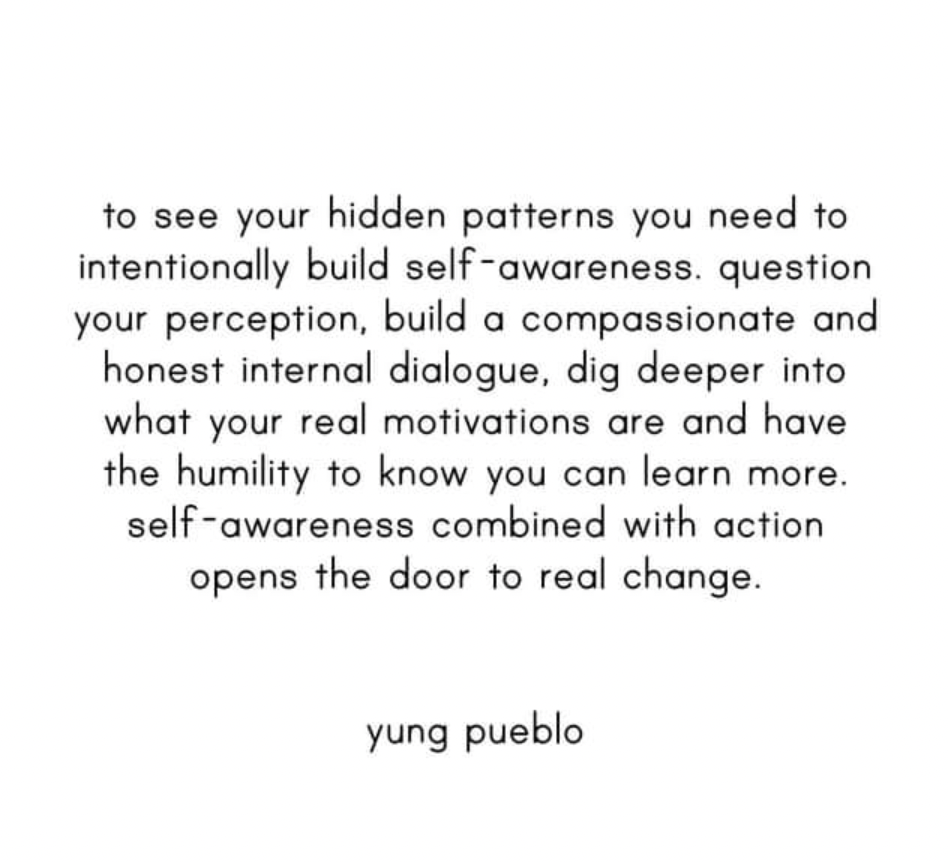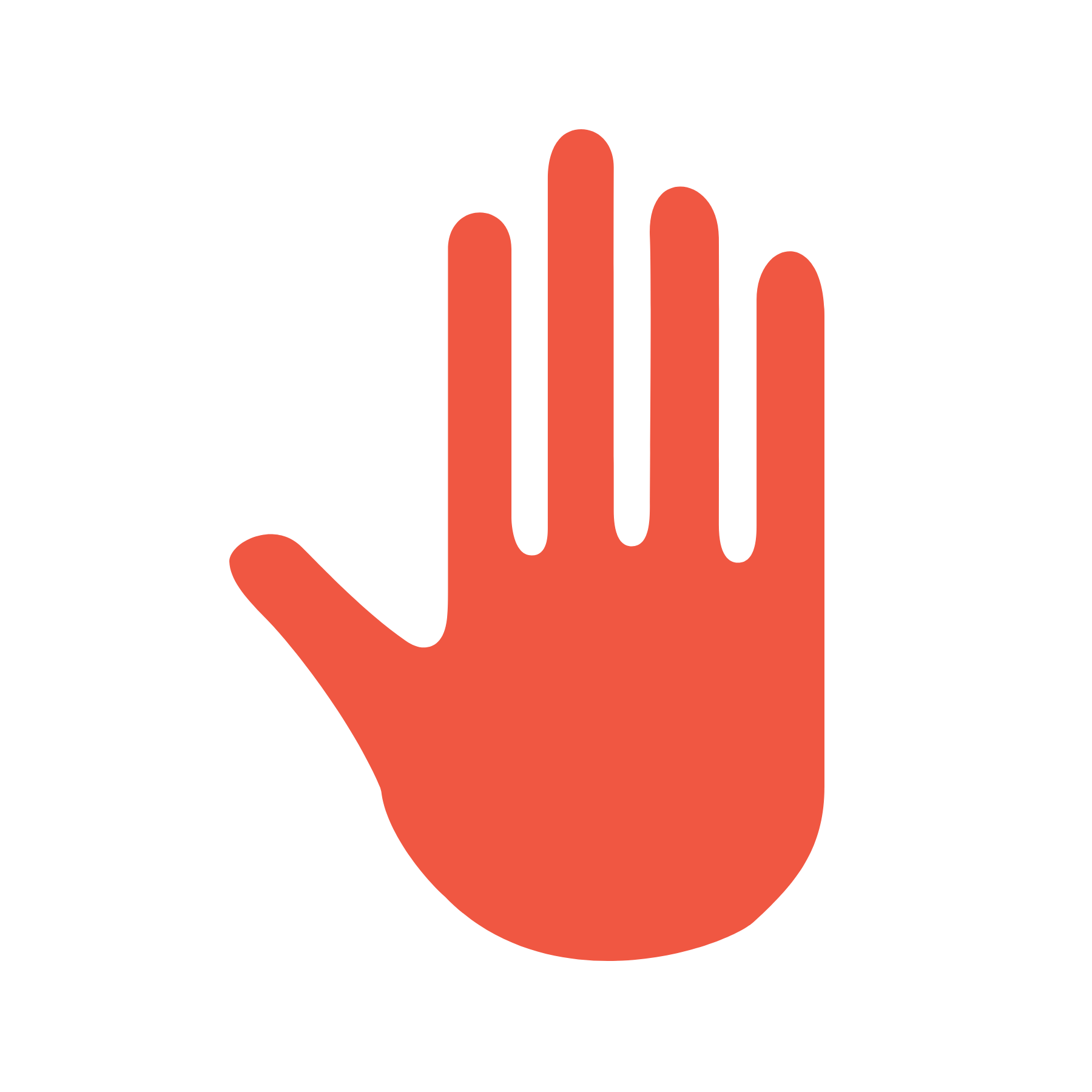Your Practice

Using the theories, lenses, and principles from this professional development opportunity, we now invite you to review your goals in support of the WIL student journey. Do you need to know more? What other sources might you look at to gain more insight about your students and your context? The use of “multiple theory” (Knefelkamp et al., 1984) allows for each theory to provide different insights on what is challenging and what is supportive for the students as well as how students may be challenged in one area (e.g., cognitive) while supported in another" (p. 22).
Please engage with the reflective prompts below and note your ideas in your journal. These prompts allow for you to engage with double-loop learning, something you may also want to try with your learners.
|
Double-loop learning is an educational concept and process that involves teaching people to think more deeply about their own assumptions and beliefs. It was created by Chris Argyris, a leading organizational trainer, in the mid-1980’s, and developed over the next decade into an effective tool. Double-loop learning is different than single-loop learning which involves changing methods and improving efficiency to obtain established objectives (i.e., “doing things right”). Double-loop learning concerns changing the objectives themselves (i.e., “doing the right things”). The intent of double-loop learning is also transformation; the transformation of deeply held perspectives of the world in which we work and act. Double-Loop Learning helps people acquire and integrate new information and develop new skills, to question and possibly discard familiar and perhaps dysfunctional ways of thinking, feeling, and acting. Reference: Double-Loop Learning: A Concept and Process for Leadership Educators - Journal of Leadership Education |
Reflective Prompts
|
Based on the theories, principles, and lenses, how will you integrate new learnings? Did you learn anything that challenges the assumptions that lie beneath your current practices? What things stood out to you that may support or challenge the achievement of your goals? For example, what challenges might students have and what supports or challenges exist in your context? Have you thought about the diversity or your students and how to be inclusive and culturally sensitive? Have you considered your role as a facilitator of learning, the design of supportive and intentional learning experiences, and quality WIL experiences? Given what you have come to understand, take some time to revisit your goals. Take look at the goals you set for yourself. Are you asking the right question(s)? Did any information invite you to rethink your goals and reframe your question? Would you shift your goals in any way? support your goals for students' work-integrated learning outcomes. |
Activity
 |
Please take time to map out and design a high-level overview of changes to your practice (which may include programming, policy, educational experiences, content, intervention, and/or process) that aim to support your goals for students' work-integrated learning outcomes. |